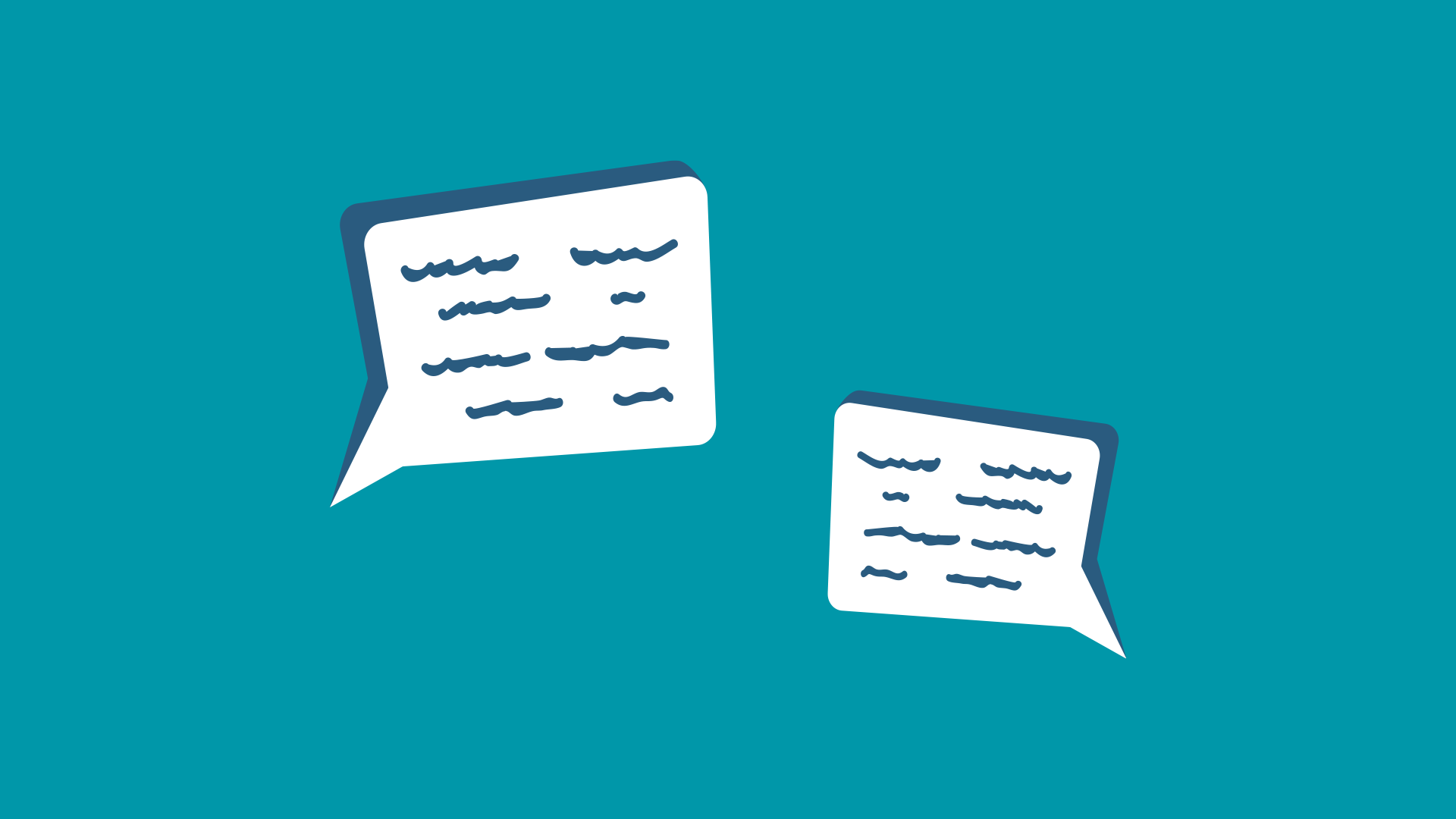Sarah Tidey is a freelance writer and former lawyer who was diagnosed with ovarian cancer in October 2015. She is currently having her fourth line of chemotherapy. She lives in Melbourne with her husband and three children aged 20, 18 and 16.
Over the last four and a half years I’ve had numerous conversations about having cancer with friends, family and complete strangers. There’s some common themes that keep popping up.
When it comes to talking or thinking about cancer, there are a lot of preconceptions and misunderstandings about what the experience is like. Here are five things that may help you avoid those misconceptions when supporting someone with cancer:
1. The language around cancer isn’t always helpful
How often do you read about someone being a ‘cancer warrior’, ‘fighting’ cancer or ‘beating the disease’? Whilst cancer takes a lot of will and determination to deal with, this language can be unhelpful. I would love to be able to slash my cancer with a sword or shoot it down with a gun. But apart from trying to stay healthy by eating well and exercising, it’s ultimately out of my control. Survival is not a matter of me being a ‘better’ fighter than the next person—it actually takes a bit of luck. So when I read that someone ‘lost their battle’, the language frustrates me. It seems to imply they didn’t try hard enough. Trying doesn’t have anything to do with it.

I’ve also had people tell me ‘things happen for a reason’ or I was given this because I was strong enough to handle it. Honestly, I can’t think of a single good reason to have cancer! For me, accepting that sometimes terrible things happen to decent people for no reason has been an important part of dealing with this. There have been good things to come out of this diagnosis. But, do I think it was ‘meant’ to happen to me? No.
2. Life isn’t always about cancer just because you have cancer
Since I’ve been diagnosed, I’ve been so touched by people’s kindness and empathy. Whilst obviously it’s not a diagnosis I would wish for and, at times, I feel ill and depressed, most days my outlook is still positive. I just go about my business, living my life with a cloud over my head. I’m still the person I was... I just have cancer as well.
So how do you ask someone who has cancer about it? Everyone is different. Most of the time I am open about where I am at and happy to discuss it. Other days, I can’t do that without weeping. And sometimes I just want to be in the moment, enjoy myself and forget I have cancer. A simple: “I’m interested to know how you are doing, do you feel like talking about it?” is perfect.
3. Looks can be deceiving
One of the most common things people say to me when they hear I have cancer is ‘but you look so well’. It’s lovely to hear that (and my vain streak lights up), but I wish I was as well as I look, or felt as well as I look. Sometimes it’s hard walking around with an exterior that doesn’t match what’s happening inside.
A common assumption about cancer is that people’s hair always falls out when they have chemo. Nowadays that doesn’t always happen, because people can wear an ice cap to reduce hair loss. Some people don’t lose their hair at all. It took until my fourth lot of chemo for me to lose mine—grr!
4. There are lots of ways to help people
Our family is lucky to have had loads of help and support since my diagnosis. Some of the things people have done include cooking, taking my kids to activities, picking up grocery items I need, and driving me to chemo.
Lots of other good-hearted people have said ‘Let me know if I can help’. But saying that puts the onus on me. That’s awkward, as I’m not sure what capacity they have. Do they have time to pick up my child? Is it too much to ask them to cook me a meal?
I loved it when people made practical offers: “I’ll take Jack to footy training for the rest of the season” or “I just made an extra family pie, so you don’t need to cook dinner tonight,” or “I’m going to the supermarket, do you need anything?”
Educating yourself is also important, and sharing this article is a good start. You can learn even more by understanding the facts of ovarian cancer and why early detection research is so important.
5. BUCKET LISTS DON'T HAVE TO BE BIG TICKET ITEMS
People often ask about my bucket list. When I read celebrity bucket lists, or articles about ‘bucket list destinations’ most people talk about them in the relaxed luxurious way of someone who has a lifetime to plan these things.
When you get a serious diagnosis, you might want to have a special trip somewhere, or finally take that balloon ride. But in my experience it’s that elusive devil—time—that you want more of, along with the small stuff: dinners with people you love, watching the kids play sport, or walks with friends.
Sarah Tidey is a regular contributor for the OCRF. If you'd like to keep in touch with the OCRF community, sign up for our monthly newsletter.